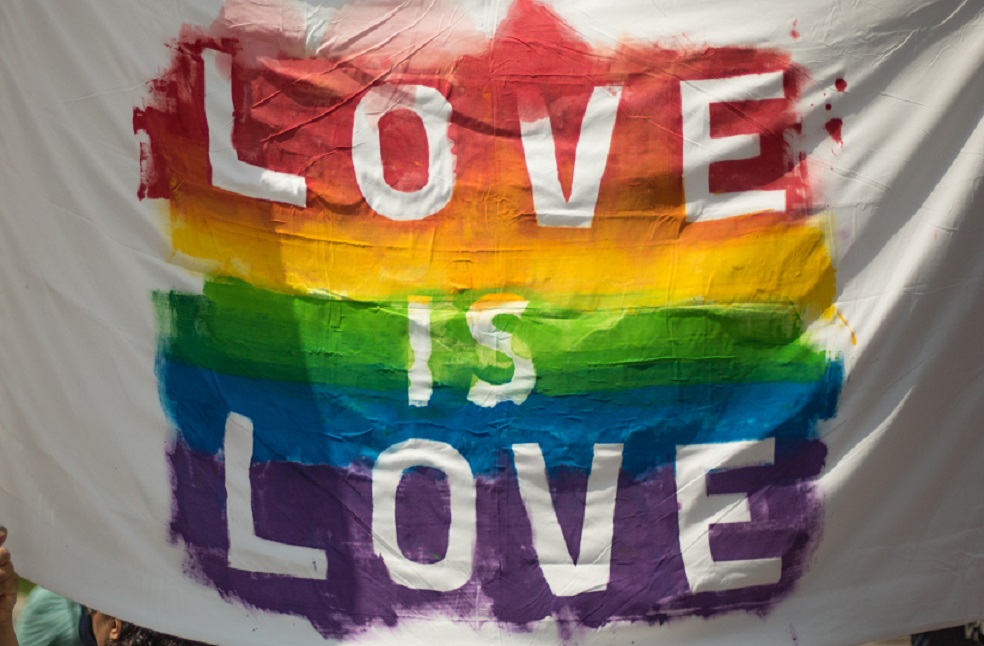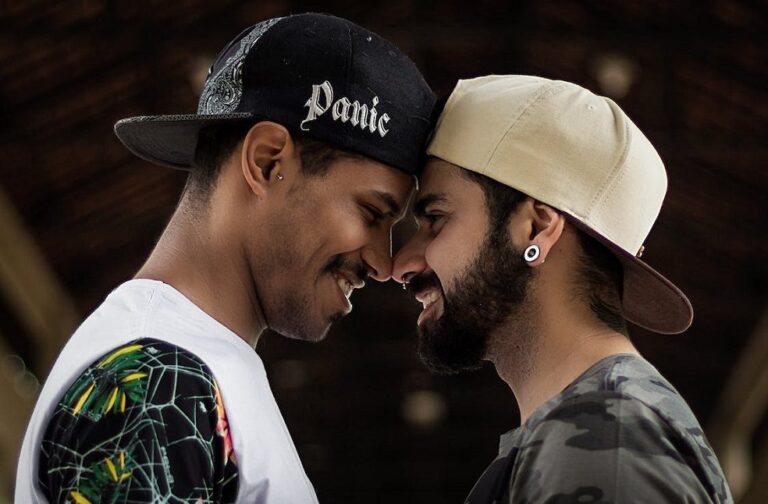India: The Supreme Court of India has rejected an appeal for legal recognition of same-sex marriages. The country’s top court noted that it is beyond its scope and should be decided by parliament, and it ruled that gay couples would be allowed to adopt children.
The marriage ruling was widely analysed as a disappointment for the LGBTQ+ community in India, which had hoped for recognition of their marriage equality rights. In 2018, the Supreme Court scrapped a colonial-era law banning homosexuality in India.

Chief Justice Dhananjaya Yeshwant Chandrachud pointed out that it was outside the court’s remit to decide the issue and that parliament should write the laws governing marriage.
“The court, in the exercise of the power of judicial review, must steer clear of matters, particularly those impinging on policy, which fall in the legislative domain,” Justice Chandrachud noted. Mr. Chandrachud further added that the state should still provide some legal protections to same-sex couples, noting that denying them “benefits and services” granted to heterosexual couples violates their fundamental rights.
“Choosing a life partner is an integral part of choosing one’s course of life. Some may regard this as the most important decision of their lives. This right goes to the root of the right to life and liberty under Article 21 (of India’s constitution),” the Justice remarked.

The Indian government had opposed the case, calling the demands “urban elitist views” and stating that marriages were not “comparable with the Indian family unit concept of a husband, a wife, and children.”
A five-judge bench of the Supreme Court headed by the Chief Justice of India heard arguments in the case between April and May and reserved its order on May 12. Members of India’s LGBTQ+ community commented that they face discrimination despite the 2018 judgement and stressed that the absence of legal recognition for same-sex marriages violates their constitutional rights.



